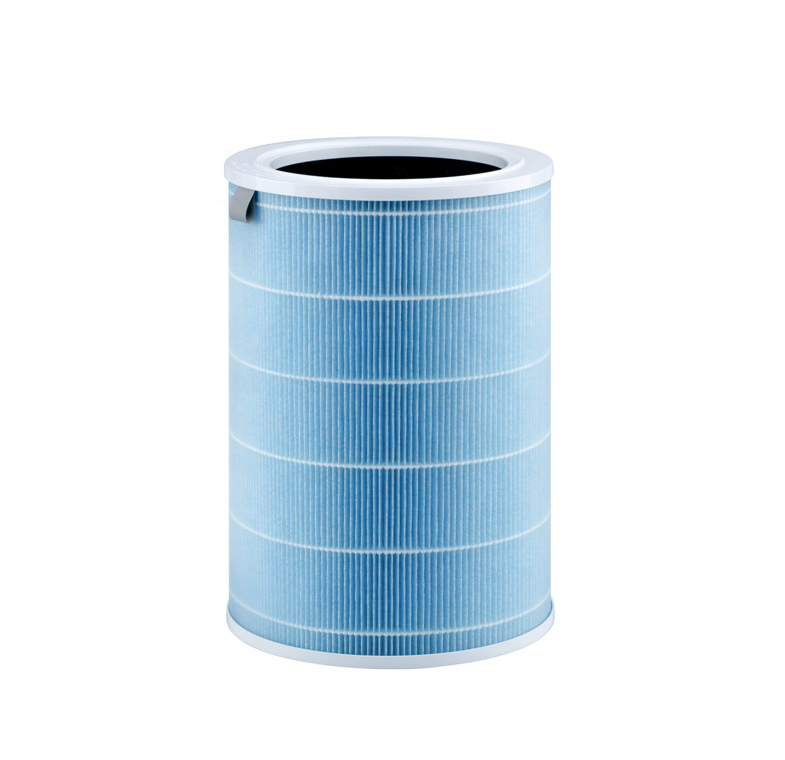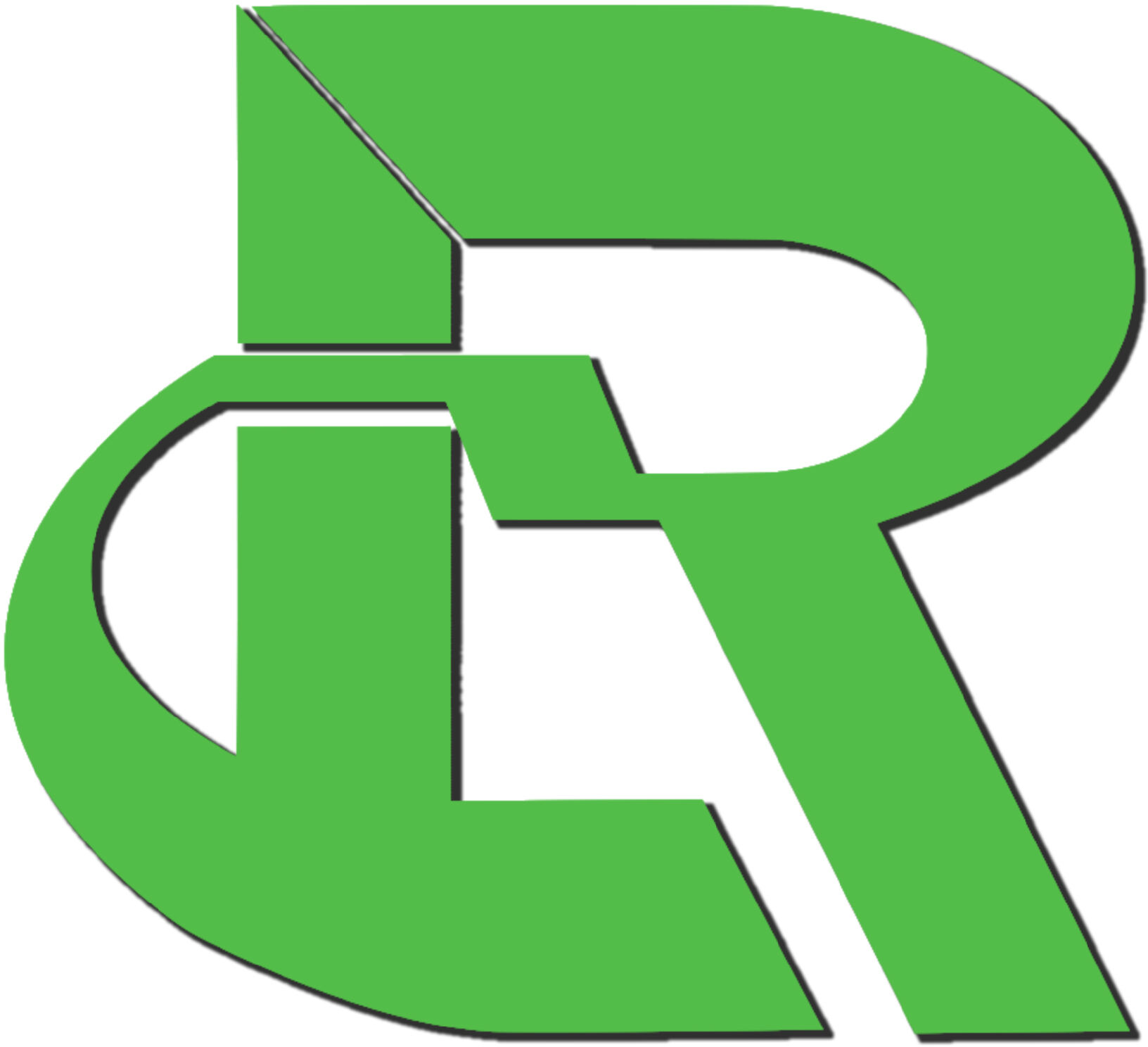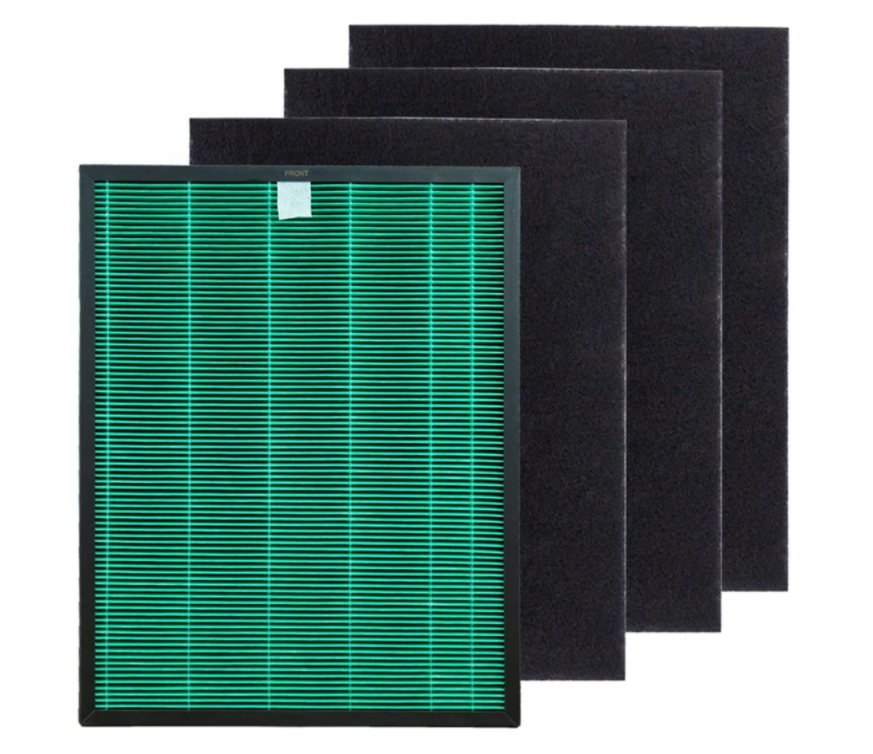Understanding the Lifespan of HEPA Filtration Systems
Air purifier HEPA filters are essential components in maintaining clean, healthy indoor air. These high-efficiency particulate air filters have become increasingly important in homes and offices, serving as a first line of defense against airborne contaminants. While these sophisticated filtration systems are highly effective, their performance depends significantly on proper maintenance and timely replacement.
Most homeowners invest in air purifiers with HEPA technology expecting long-term protection, but understanding filter longevity is crucial for optimal performance. The duration of your air purifier HEPA filters can vary substantially based on multiple factors, from usage patterns to environmental conditions.
Key Factors Affecting HEPA Filter Lifespan
Environmental Conditions and Air Quality
The environment in which your air purifier operates plays a crucial role in determining how long air purifier HEPA filters will last. Homes in areas with high pollution levels, frequent construction, or desert regions with abundant dust will experience faster filter saturation. Urban environments typically expose filters to more particulate matter, while rural settings might introduce more pollen and organic materials.
Indoor activities also significantly impact filter longevity. Cooking, smoking, pet ownership, and household cleaning can generate particles that accumulate in HEPA filters more rapidly. In spaces with multiple sources of pollutants, filters may need replacement up to twice as frequently as those in cleaner environments.
Usage Patterns and Operating Hours
The duration and intensity of air purifier operation directly affect filter lifespan. Running your unit 24/7 at high speeds will naturally lead to faster filter degradation compared to occasional use at lower settings. However, consistent operation at moderate speeds often proves more effective for maintaining air quality while preserving filter life.
Many modern air purifiers feature smart sensors that adjust operation based on air quality, helping optimize filter usage. This automatic adjustment can significantly extend the life of air purifier HEPA filters while maintaining effective filtration.

Average Lifespan Expectations
Standard HEPA Filter Duration
Under typical residential conditions with moderate air quality, air purifier HEPA filters generally last between 6 to 12 months. Premium filters in well-maintained environments might extend to 15 months, while basic filters in challenging conditions might require replacement every 4-6 months.
Manufacturer recommendations often suggest replacement every 6-8 months, but these guidelines assume average usage in standard conditions. Real-world performance may vary significantly based on your specific situation.
Professional Grade and Specialized Filters
Commercial-grade air purifier HEPA filters often demonstrate extended lifespans, sometimes lasting up to 24 months. These filters typically feature larger surface areas and higher dust-holding capacity, though they come with correspondingly higher price tags.
Specialized HEPA filters, such as those designed for medical facilities or clean rooms, might require more frequent replacement despite their superior construction, due to stringent air quality requirements in these settings.
Maximizing Filter Efficiency and Longevity
Maintenance Best Practices
Regular maintenance can significantly extend the life of air purifier HEPA filters. Simple practices like vacuum-cleaning pre-filters monthly, keeping the unit away from direct sources of debris, and ensuring proper airflow can add months to filter lifespan.
Some HEPA filters benefit from gentle cleaning with compressed air, though this should be done outdoors and according to manufacturer specifications. However, it's important to note that true HEPA filters cannot be washed or fully restored to their original efficiency once saturated.
Monitoring and Replacement Indicators
Modern air purifiers often include filter life indicators that monitor usage hours or actual filter condition. While these provide helpful guidelines, visual inspection and performance observation remain valuable tools. Decreased airflow, increased operating noise, or visible discoloration usually indicate the need for replacement.
Some advanced units measure actual particulate levels in output air, providing more accurate indications of filter efficiency. This technology helps optimize replacement timing, ensuring you neither replace filters prematurely nor continue using them past their effective lifespan.
Cost Considerations and Long-term Planning
Budget Planning for Filter Replacement
The cost of replacing air purifier HEPA filters varies significantly based on size, quality, and brand. Premium filters might cost $50-100 or more, while basic replacements could be found for $20-40. Planning for regular replacement helps avoid unexpected expenses and ensures continuous air quality protection.
Many manufacturers offer subscription services for filter replacement, often providing cost savings and convenience. These programs can help maintain consistent air quality while spreading costs over time.
Value Assessment and Quality Considerations
While budget filters might seem economically attractive, their shorter lifespan and potentially lower efficiency could result in higher long-term costs. Premium air purifier HEPA filters often provide better value through extended service life and superior filtration performance.
Investing in high-quality filters typically results in more consistent air quality and might reduce overall maintenance requirements. Consider the total cost of ownership, including energy efficiency and replacement frequency, when evaluating filter options.
Frequently Asked Questions
Can I wash and reuse my HEPA filter?
True HEPA filters cannot be washed or reused effectively. The intricate fiber structure that enables high-efficiency filtration becomes compromised when wet or aggressively cleaned. While some pre-filters are washable, the main HEPA element must be replaced when it reaches the end of its service life.
How can I tell if my HEPA filter needs replacement?
Key indicators include reduced airflow from your purifier, increased operating noise, visible dirt or discoloration on the filter surface, and decreased overall performance in air cleaning. Many modern units also include electronic indicators to signal when replacement is needed based on usage time or actual filter condition.
Will running my air purifier less often extend filter life?
While running your purifier less frequently might extend filter life, it could compromise indoor air quality. The best approach is usually consistent operation at moderate speeds, which provides optimal air cleaning while avoiding excessive strain on the filter. Many modern units include eco modes that balance efficiency with filter longevity.

